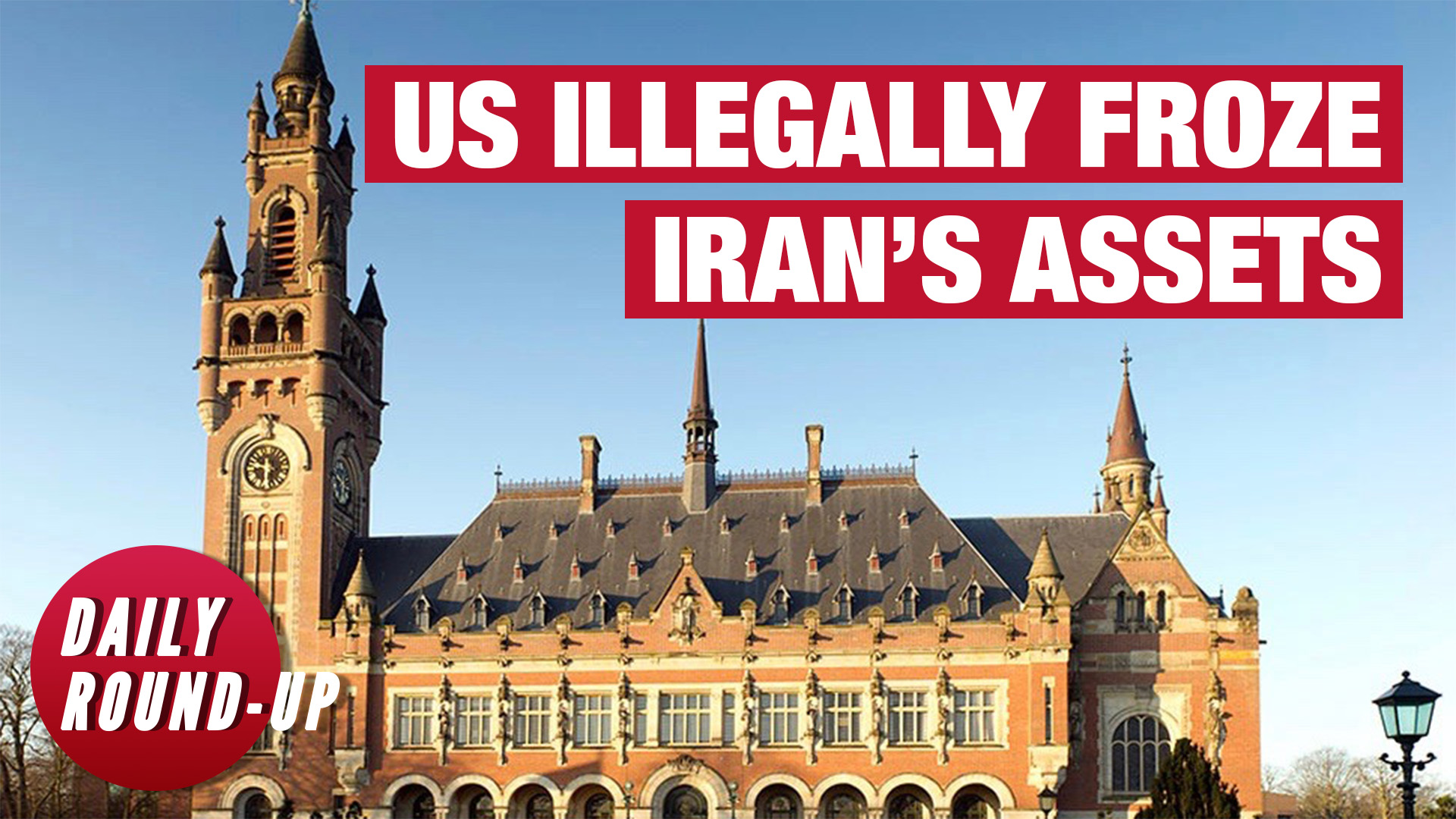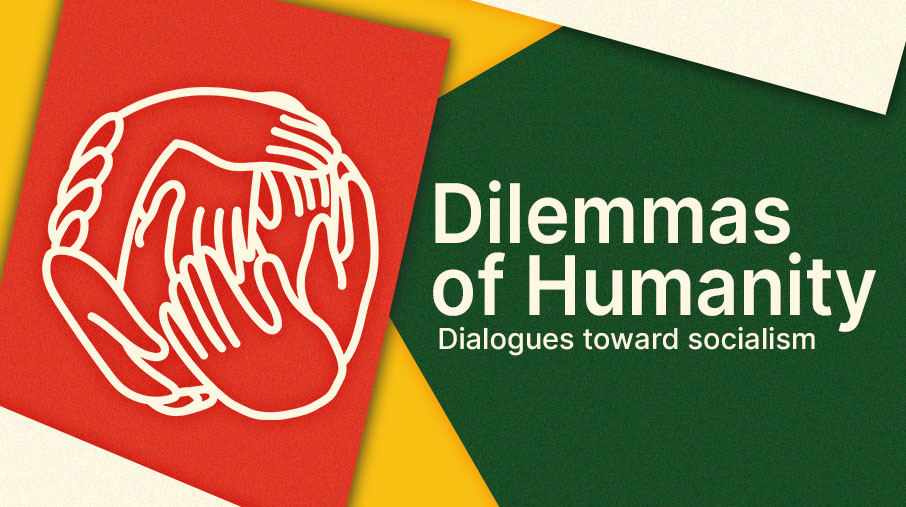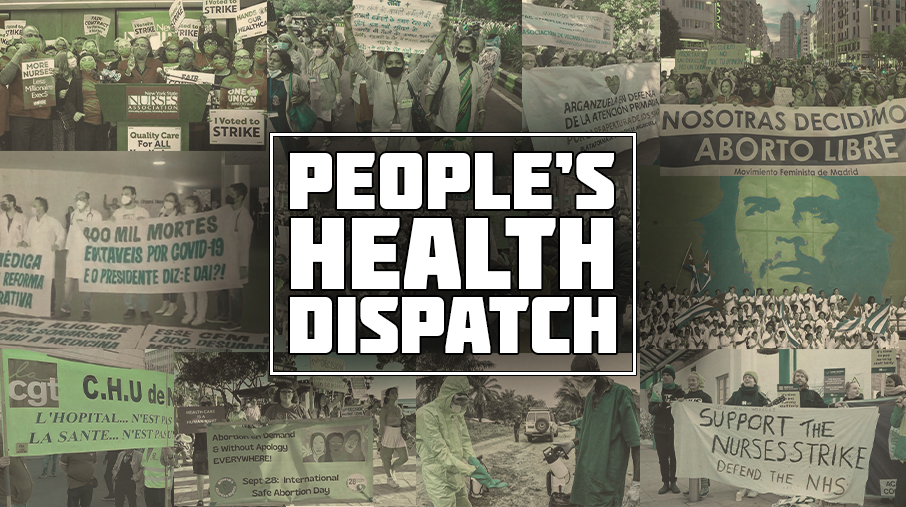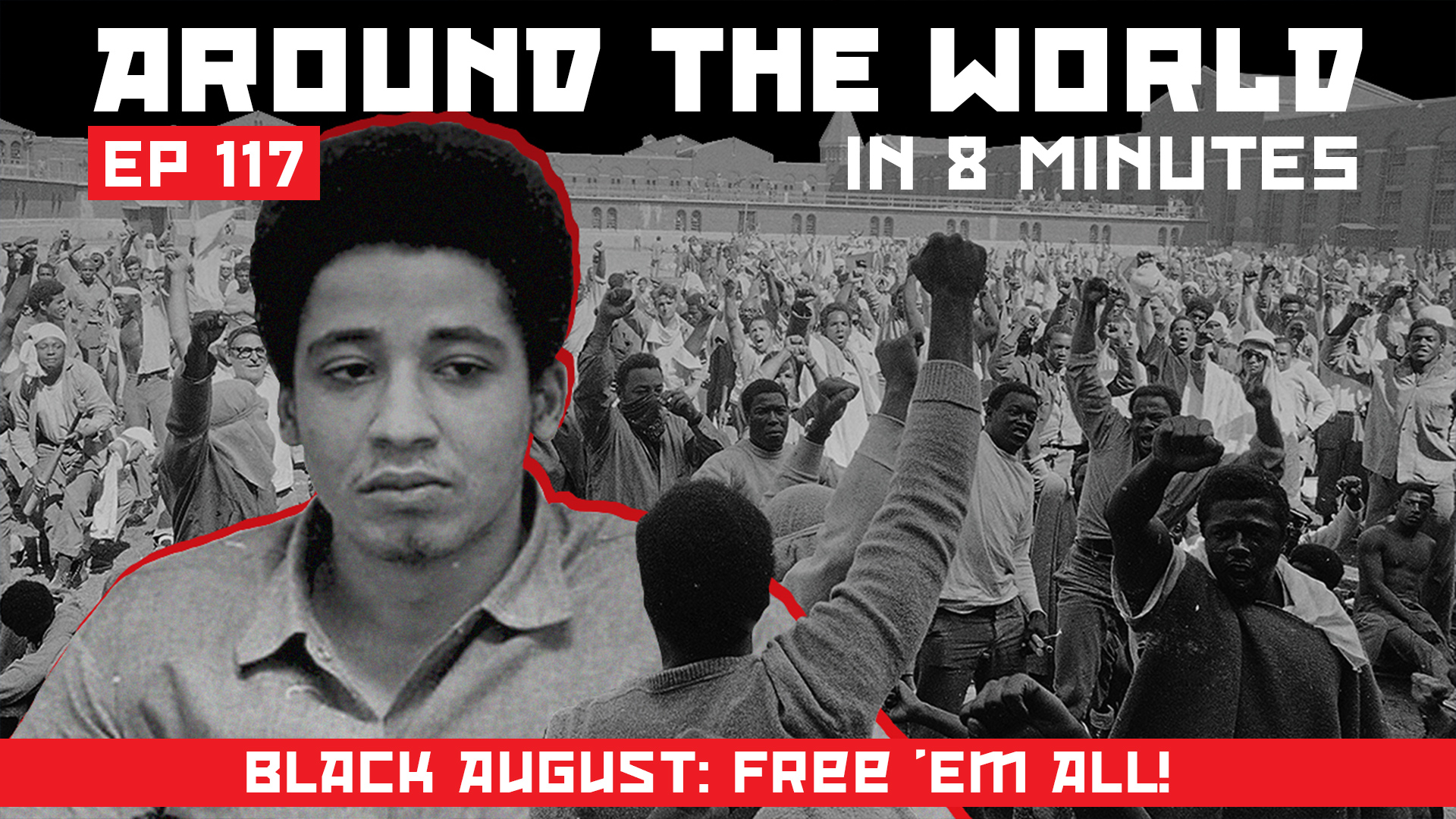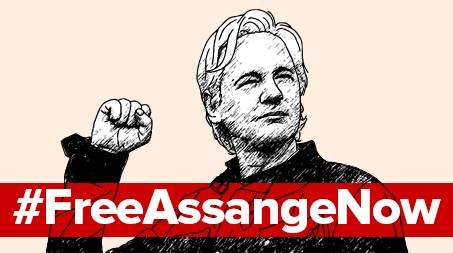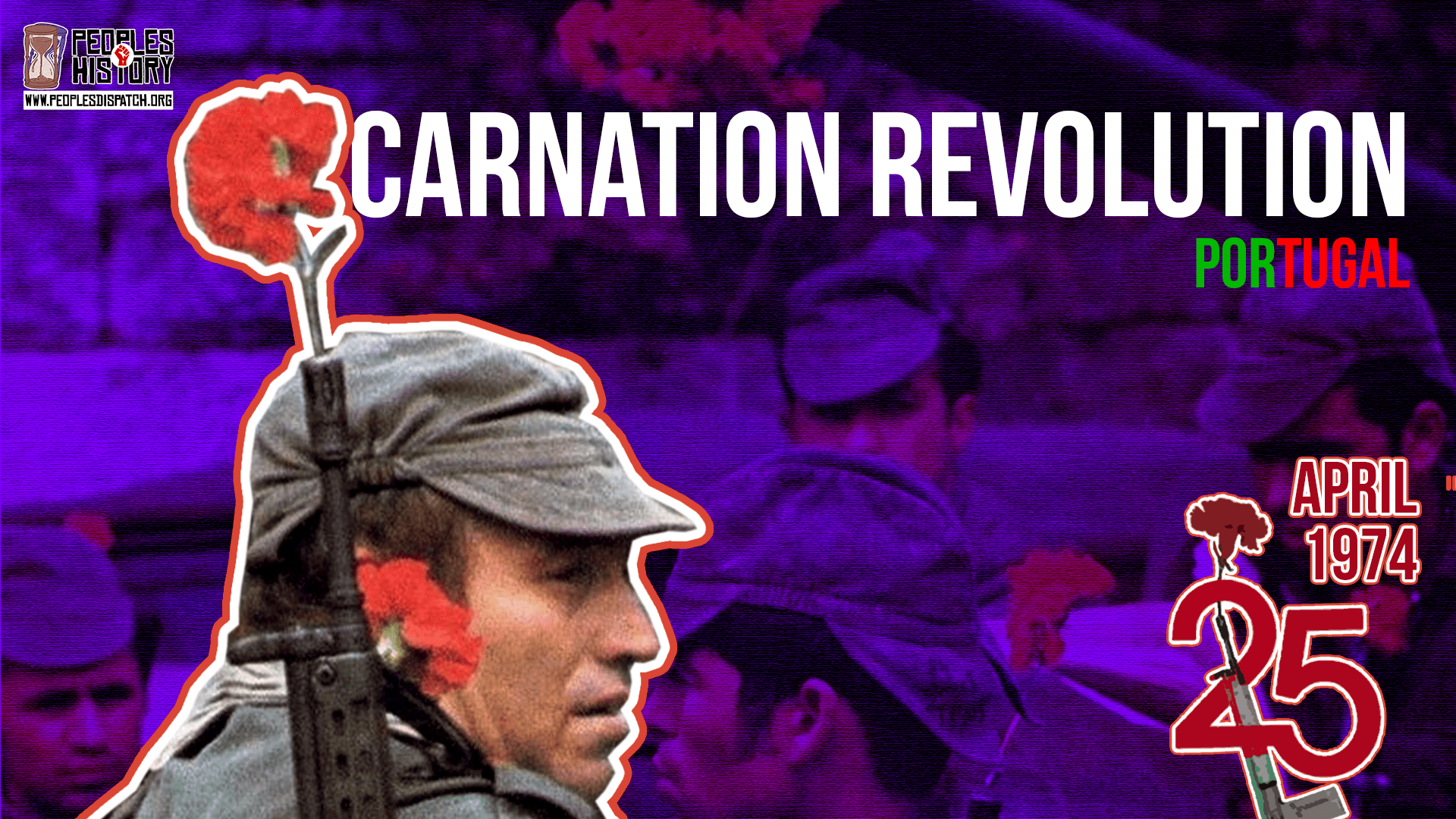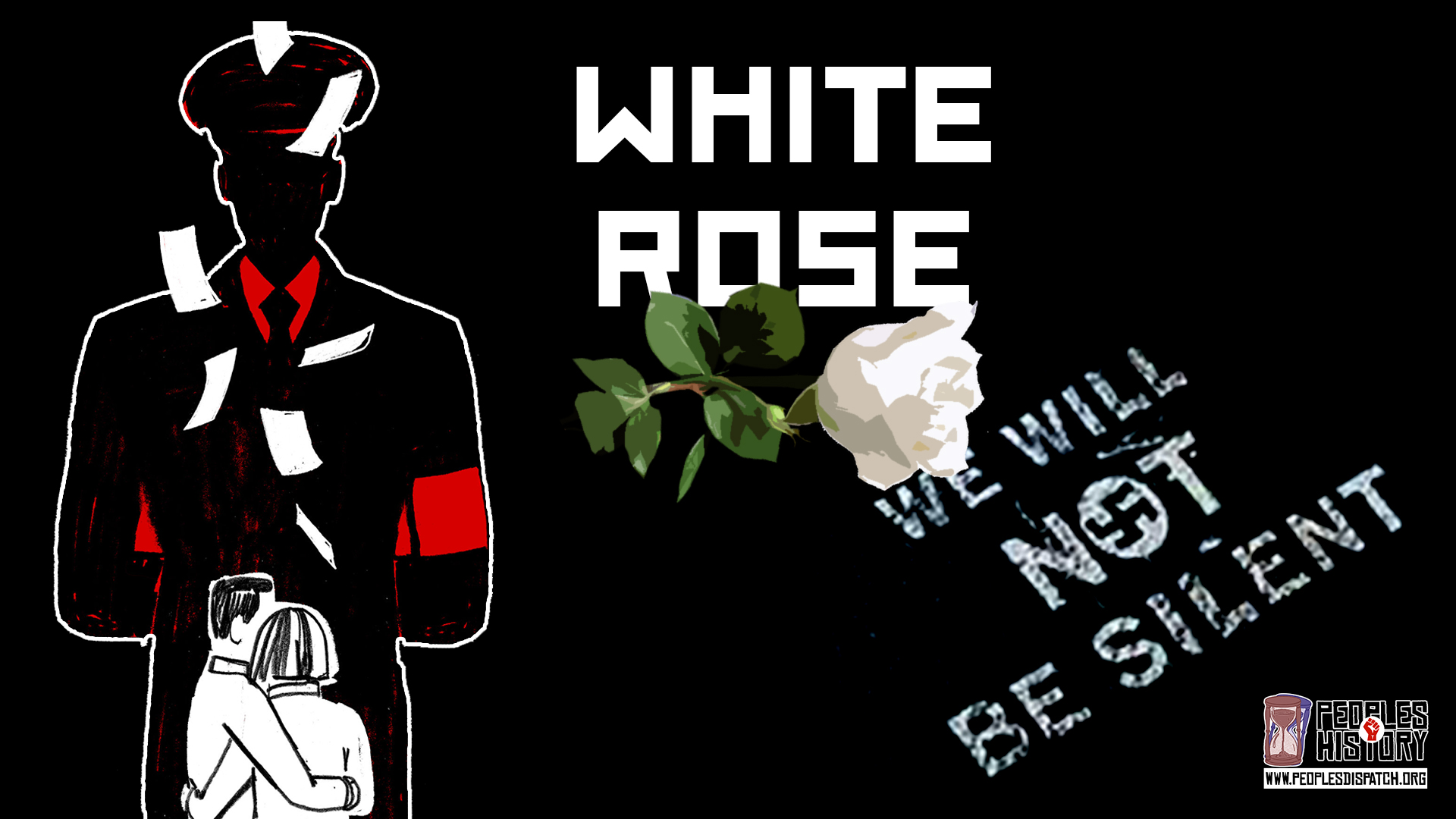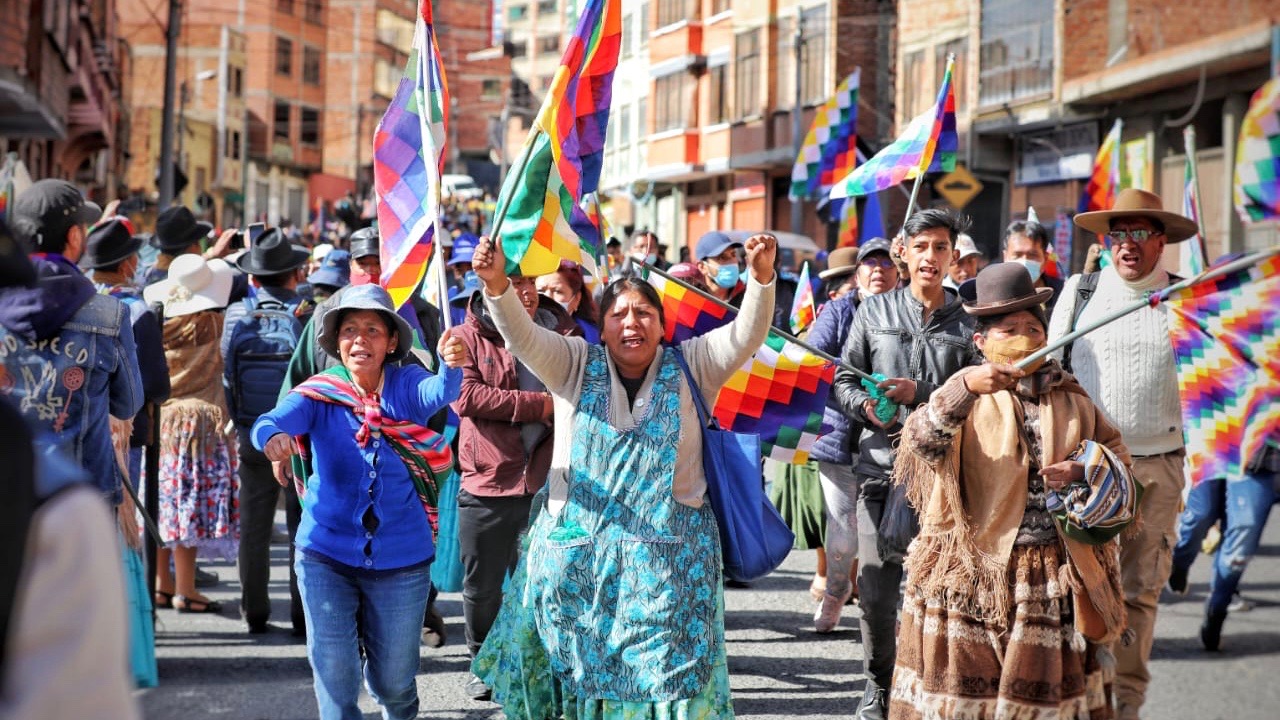 Over one million Bolivians mobilize in support of President Luis Arce’s government
Over one million Bolivians mobilize in support of President Luis Arce’s government
Workers from diverse sectors, peasants, students, and members of various Indigenous organizations and social movements from all nine departments of Bolivia arrived in capital La Paz to ratify their support for President Luis Arce and Vice President David Choquehuanca’s government
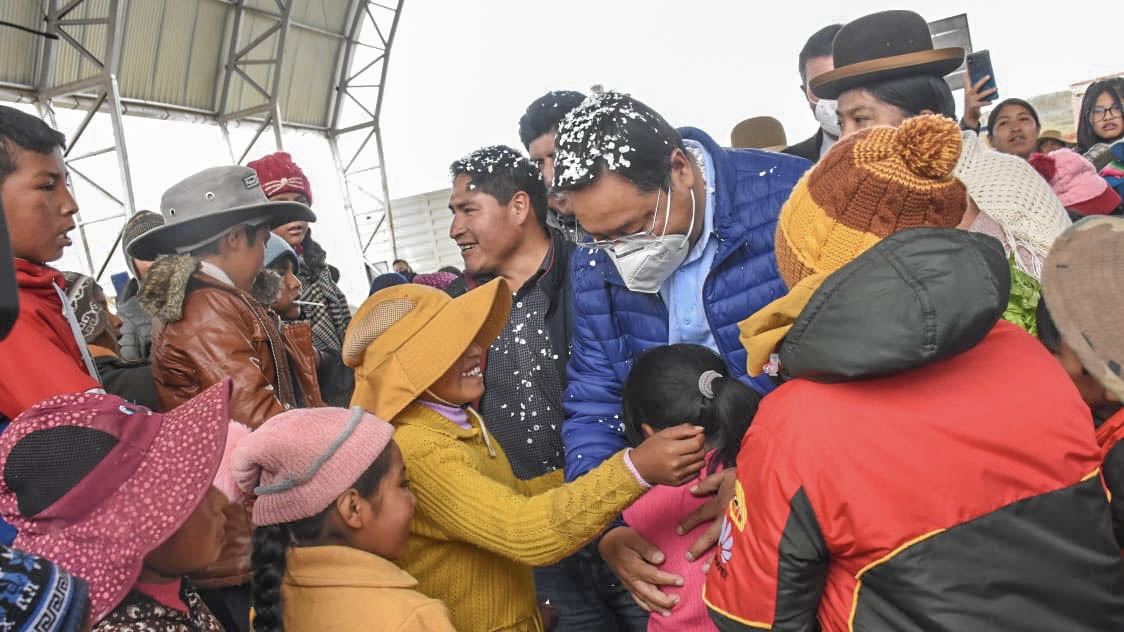 Bolivia achieves record levels of economic and social growth in 2021
Bolivia achieves record levels of economic and social growth in 2021
Under the rule of President Luis Arce and vice president David Choquehuanca of the Movement Towards Socialism (MAS) party, Bolivia recovered from the economic losses suffered during the coup regime of Jeanine Áñez
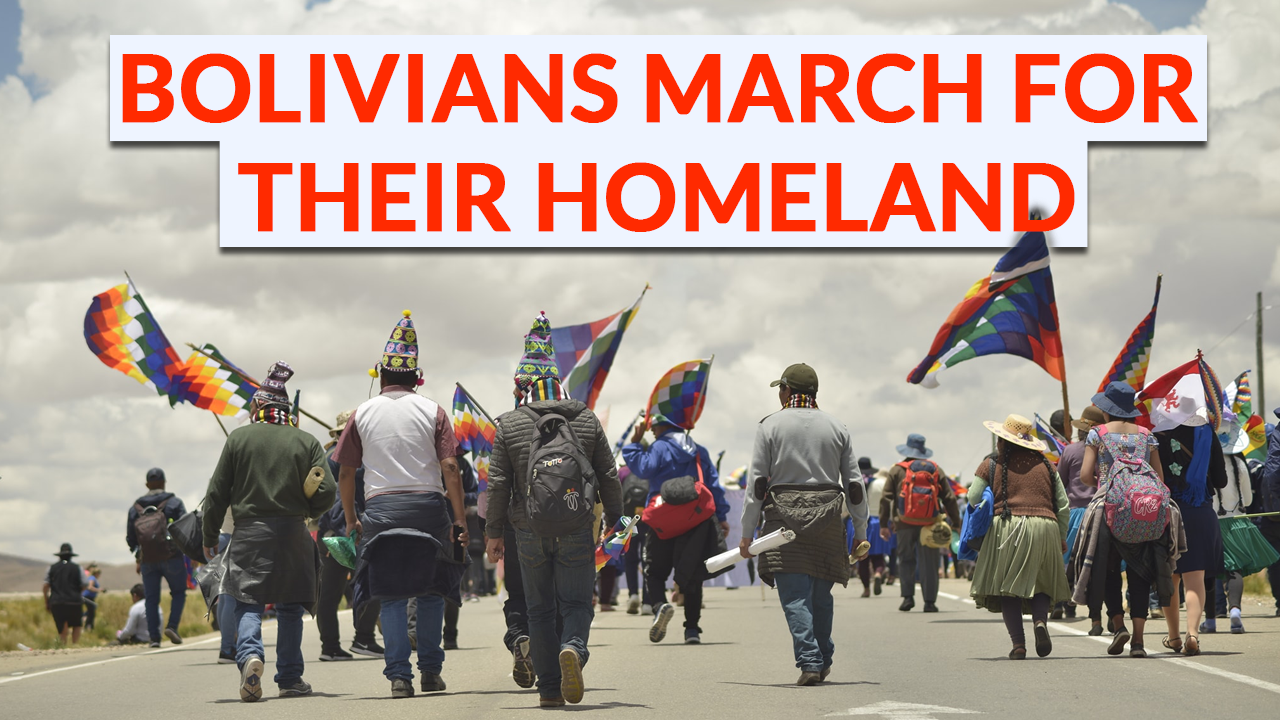 Seven day march in defense of democracy concludes in Bolivia
Seven day march in defense of democracy concludes in Bolivia
March for the Homeland reached the Bolivian city of La Paz on November 29 after covering a distance of more than 180km over seven days.
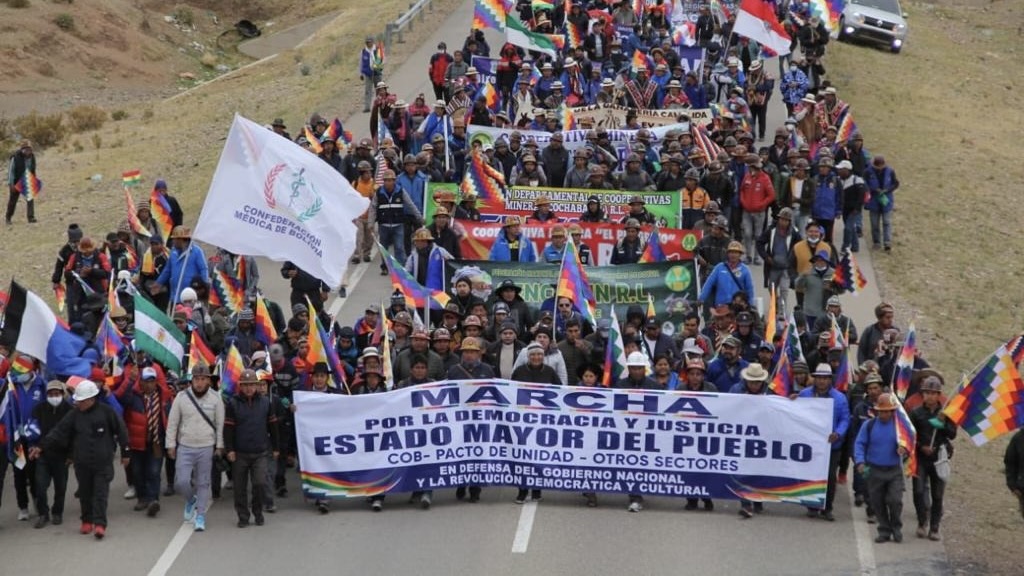 March for the Homeland begins in Bolivia in support of President Arce’s government
March for the Homeland begins in Bolivia in support of President Arce’s government
Thousands of Bolivians have begun a seven-day-long march in defense of democracy, in support of President Luis Arce’s government, and in rejection of the recent destabilization attempts promoted by the far-right opposition sectors
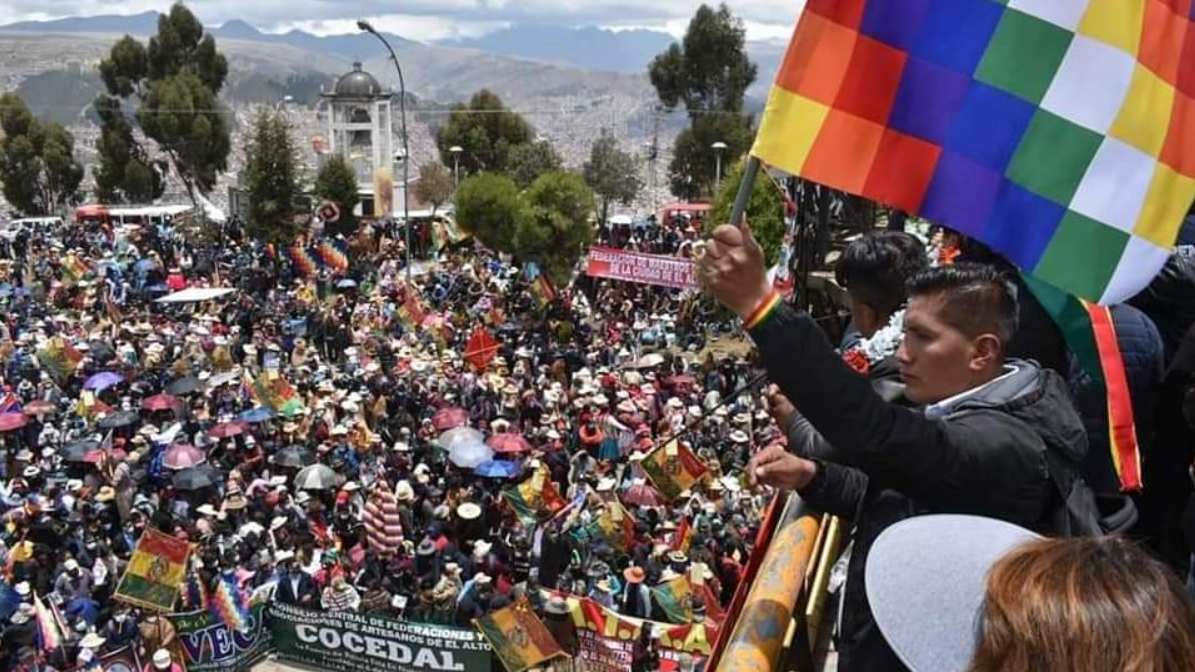 Bolivian government repeals law being used as a pretext for destabilization by right-wing
Bolivian government repeals law being used as a pretext for destabilization by right-wing
The Bolivian government abrogated Law 1386 of the National Strategy to Combat the Legitimization of Illicit Profits and the Financing of Terrorism, which the members of far-right civic committees and the opposition had used as a pretext to strike, mobilize and block roads
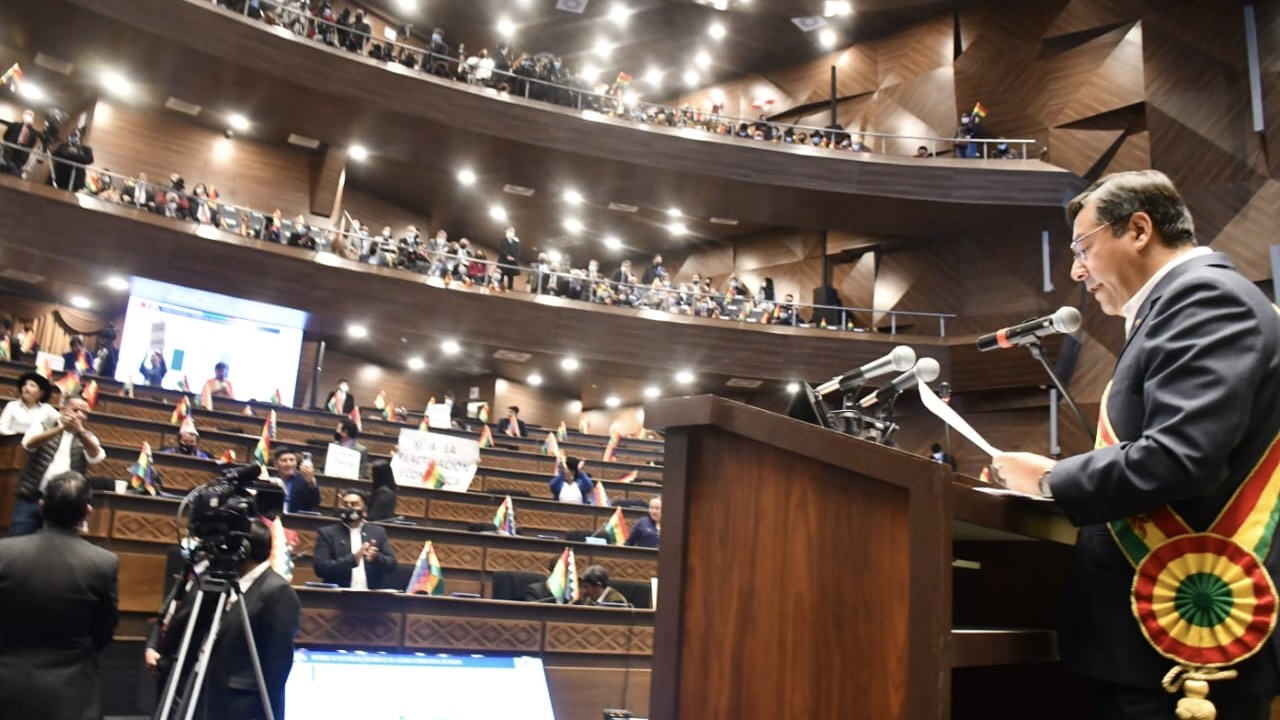 Far-right tensions brewing amid one year anniversary of the return of democracy in Bolivia
Far-right tensions brewing amid one year anniversary of the return of democracy in Bolivia
Members of the opposition and far-right Civic Committees have been mobilizing and blocking roads in different departments of Bolivia as a part of a politically motivated strike.
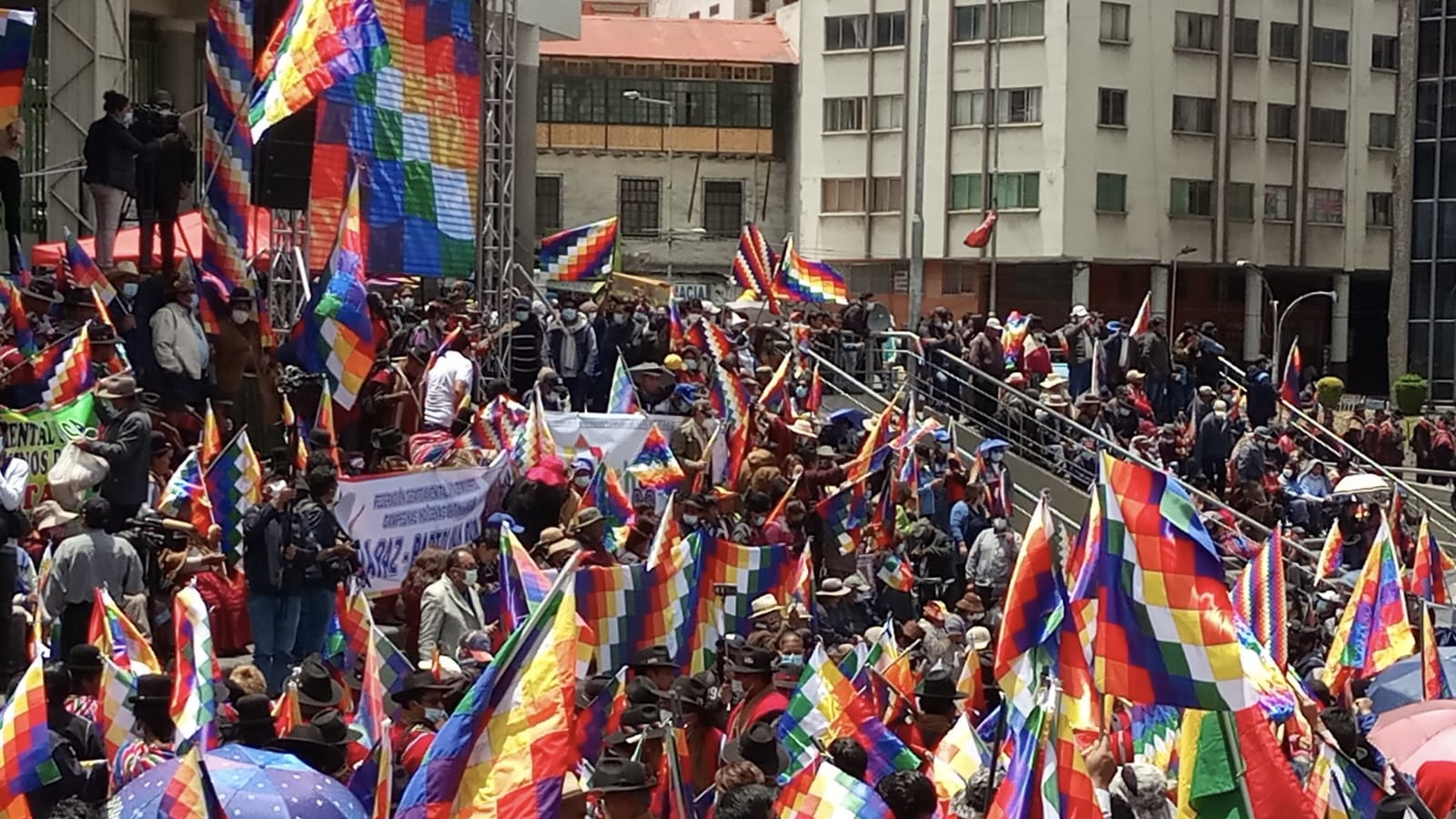 Far-right strike in Bolivia once again a flop
Far-right strike in Bolivia once again a flop
Days before the strike, trade unions across the country announced that they wouldn’t abide by the call, citing that the strike was politically motivated and sought destabilization of the ruling socialist government of President Luis Arce
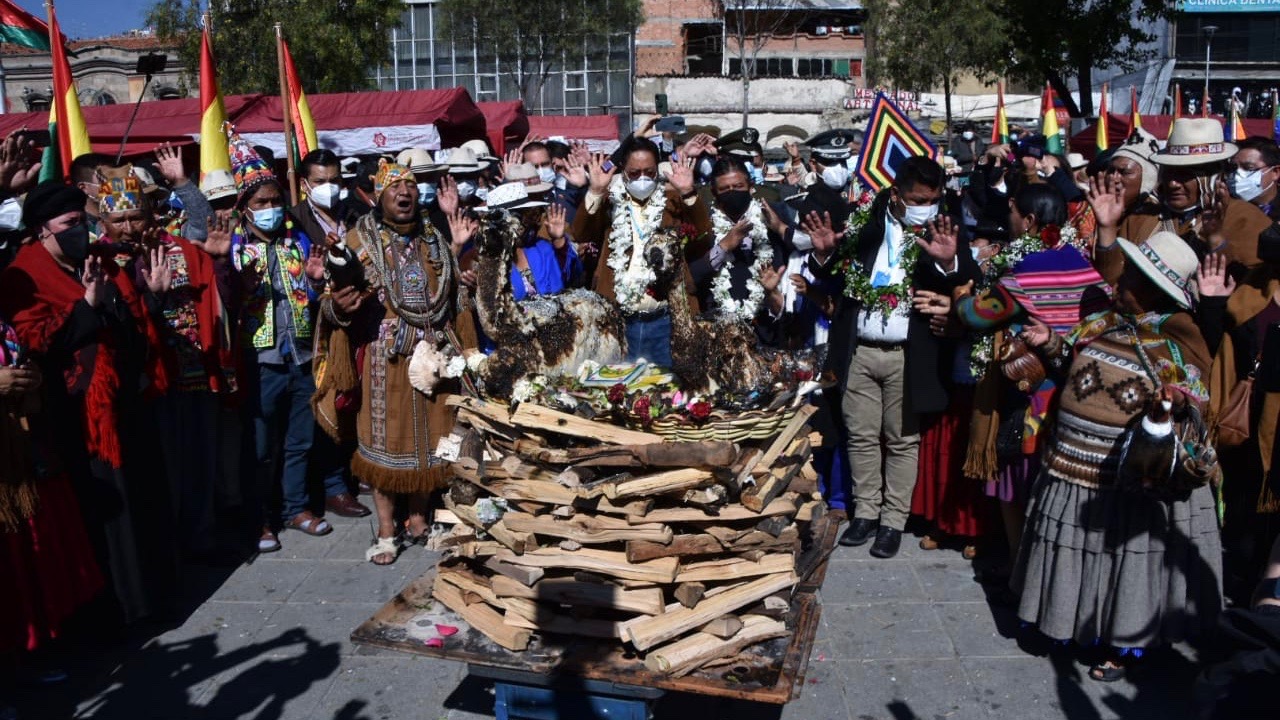 Bolivia ratifies its commitment to protecting the rights of Mother Earth and the environment
Bolivia ratifies its commitment to protecting the rights of Mother Earth and the environment
On the International Mother Earth Day, Bolivian President Luis Arce announced the reactivation of the Plurinational Authority of Mother Earth to promote climate change adaptation and mitigation programs as well as the generation of clean energies through photovoltaic, wind and renewable diesel projects, among other measures
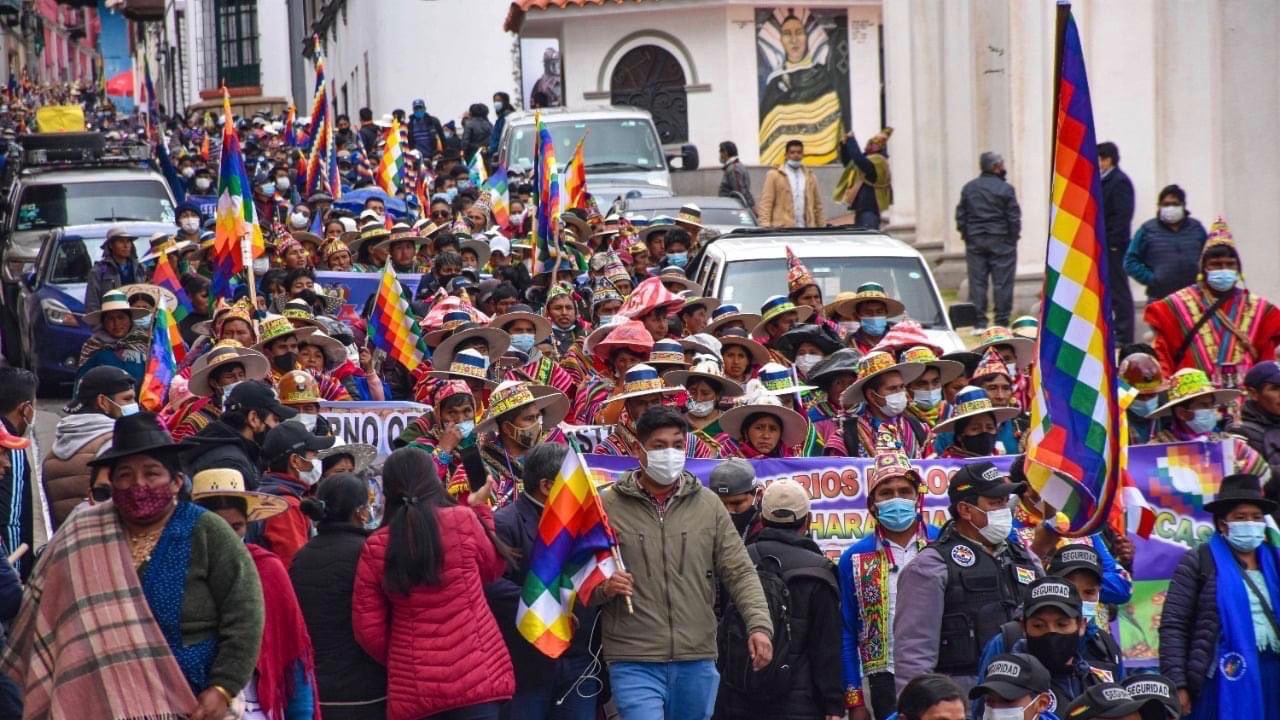 Despite US dirty tricks, Bolivia is finding a way to stay independent
Despite US dirty tricks, Bolivia is finding a way to stay independent
The arrest of Jeanine Áñez, head of Bolivia’s erstwhile coup regime, is a vindication of the struggles of the Bolivian people. The Biden administration’s response, meanwhile, was to warn of the “anti-democratic behavior” of the Bolivian government
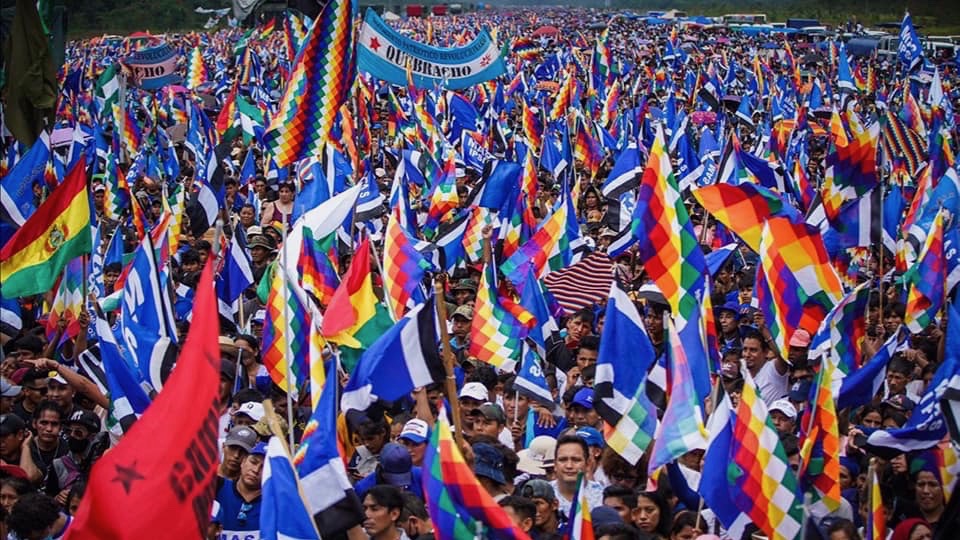 Subnational elections in Bolivia: another vote of confidence for MAS party
Subnational elections in Bolivia: another vote of confidence for MAS party
The 240 out of the 336 elected mayors and 3 of the 5 elected governors in Bolivia belong to the ruling government of the progressive Movement Towards Socialism party
 Bolivia for the record: the people speak pt. 2
Bolivia for the record: the people speak pt. 2
In the second part of ‘Bolivia for the record,’ activist and historian Cindy Forster brings stories and testimonies from the massive mobilizations organized in August 2020 following the announcement by the coup regime to postpone elections once again
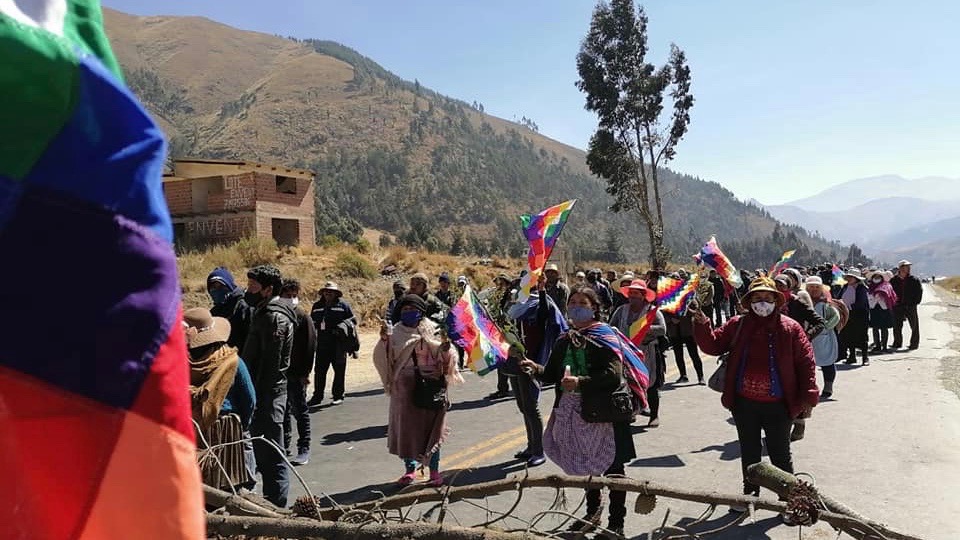 Bolivia for the record: the people speak
Bolivia for the record: the people speak
Just a week ahead of local elections in Bolivia and on the tail of a coup threat from far-right leader Luis Fernando Camacho, activist and historian Cindy Forster takes a deeper look at how the Bolivian people rose up against the coup regime and won a historic victory to recover democracy.


